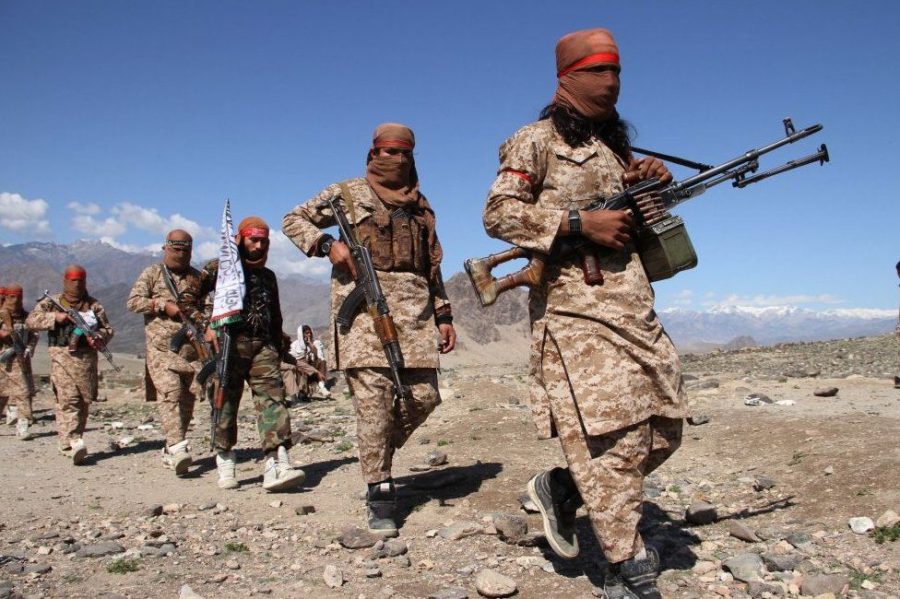The Collapse of the Afghani Government and the Revival of Taliban Rule
October 12, 2021
In April 2021, President Joe Biden announced that US forces would withdraw from Afghanistan by September 2021.
As the US withdrawal began, the Taliban continued to capture and contest territory across the country, despite ongoing peace talks with the Afghan government. Afghan officials expressed grave concerns over the government’s vulnerability to the Taliban without international support, but the US accelerated its efforts to withdraw troops. By the end of July, only 650 American troops were left to protect the US embassy in Kabul. By August 30, the U.S. transported a final contingent of troops from Kabul Airport, officially “ending” America’s longest war.
Throughout the summer of 2021, the Taliban continued threatening state-controlled urban areas and seizing several border crossings. On August 6th, the Taliban successfully captured the capital of the southern Nimruz Province, the first provincial capital to fall. Over the course of a few days the Taliban were able to capture more than ten other capitals. On August 15, Taliban fighters invaded the capital, Kabul, prompting Afghan President Ashraf Ghani to flee the country as well as the collapse of the Afghan government. Later that day, the Taliban announced that they had entered the presidential palace, seized control of the city, and established checkpoints to ensure security.
As a result, chaos has ensued in Afghanistan. The U.S. and allies have cut billions of dollars in funding. ATMs have run out of money. There is a brewing humanitarian crisis, as thousands of Afghans are trying to flee the country. Many have faced beatings by Taliban guards, the crush of heaving crowds, and interminable spells in the dust and heat while waiting to escape Afghanistan. Furthermore, according to the Washington Post, several Americans said they had received mixed signals from the United States on exactly how to get out, citing emails from the State Department asking them to go to the airport only to find that there was no one to take them, or answer their questions about boarding flights.
In addition, Afghans have been facing hunger and collapsing health services following the Taliban takeover. Afghanistan is in need of foreign donors to develop a coordinated plan of action to address support for education, the banking system. On August 31, UN Secretary General António Guterres said that “a humanitarian catastrophe was looming” in Afghanistan and pushed for donor governments to “dig deeper” to fund an emergency flash appeal. The United States and the European Union have announced that they will continue to provide humanitarian aid to Afghanistan.
The United States has an interest in preserving the many political, human rights, and security gains that have been made in Afghanistan since 2001. This will likely become difficult, as the takeover of the country by the Taliban could make Afghanistan a safe haven for terrorists again, as it is believed that the group has ties to Al-Qaeda. The inauguration threatens to undermine the progress made in guaranteeing the rights of women and girls. Furthermore, growing internal instability, a mass of refugees, and a growing humanitarian crisis could have regional repercussions as neighboring countries respond.










